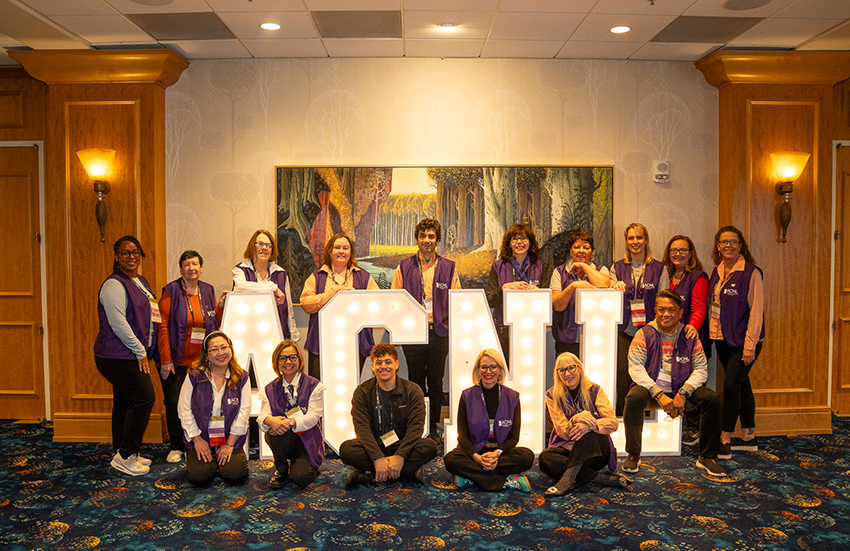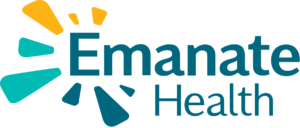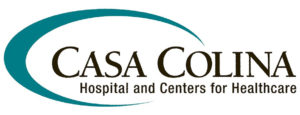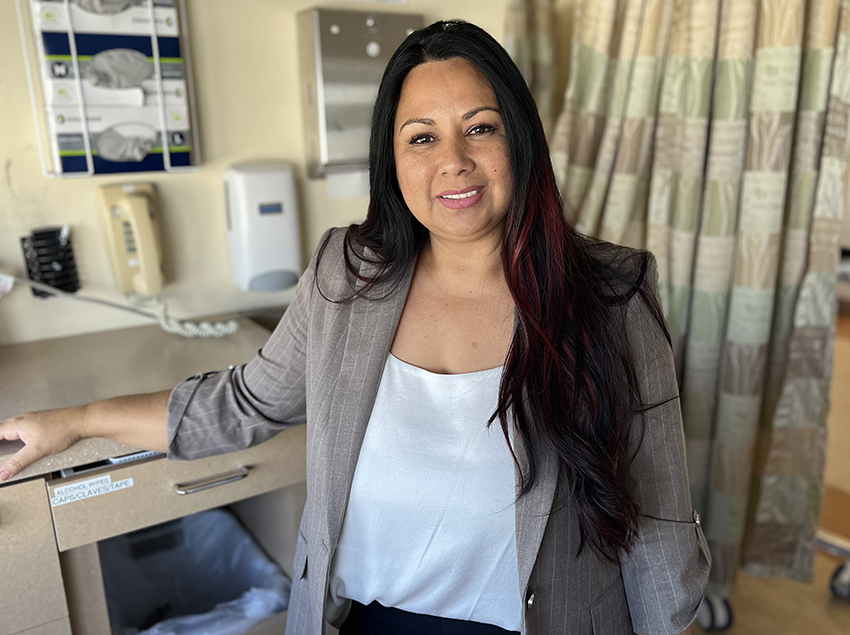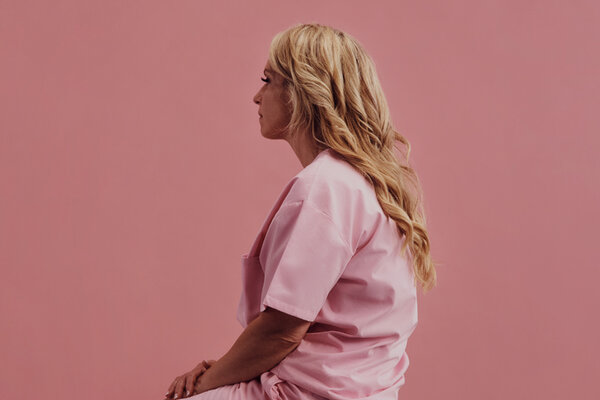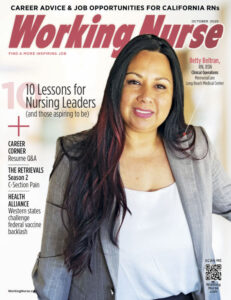Nursing & Healthcare News
Nurse Practitioner Autonomy in California?
COVID-19 could be the catalyst

Could the COVID-19 crisis provide the push that finally brings about full practice authority for nurse practitioners? An NP autonomy bill is again before the California State Senate. While the bill would provide a path to independent practice for NPs, other states’ experience with similar bills offers some important caveats nurses should understand.
Physician Resistance
In January, the California State Assembly approved A.B.890, which would create an autonomous practice certification process for certain qualified nurse practitioners. (The bill doesn’t include other types of APRNs.)
Previous attempts to pass NP autonomy bills in California have all failed due to strenuous physician resistance. Although A.B.890 passed the Assembly by an overwhelming 66–1 margin, the bill is currently stalled in the Senate.
However, the COVID-19 crisis could give NP autonomy a much-needed push. The pandemic is exacerbating existing provider shortages while forcing healthcare organizations to reduce their care costs. Allowing independent practice for NPs could be a solution for both problems.
Former HHS Secretary Donna Shalala recently told STAT News, “Frankly, 70 percent of primary care could be handled by advanced practice nurses.” Shalala’s home state of Florida passed a comparable NP autonomy bill in March.


